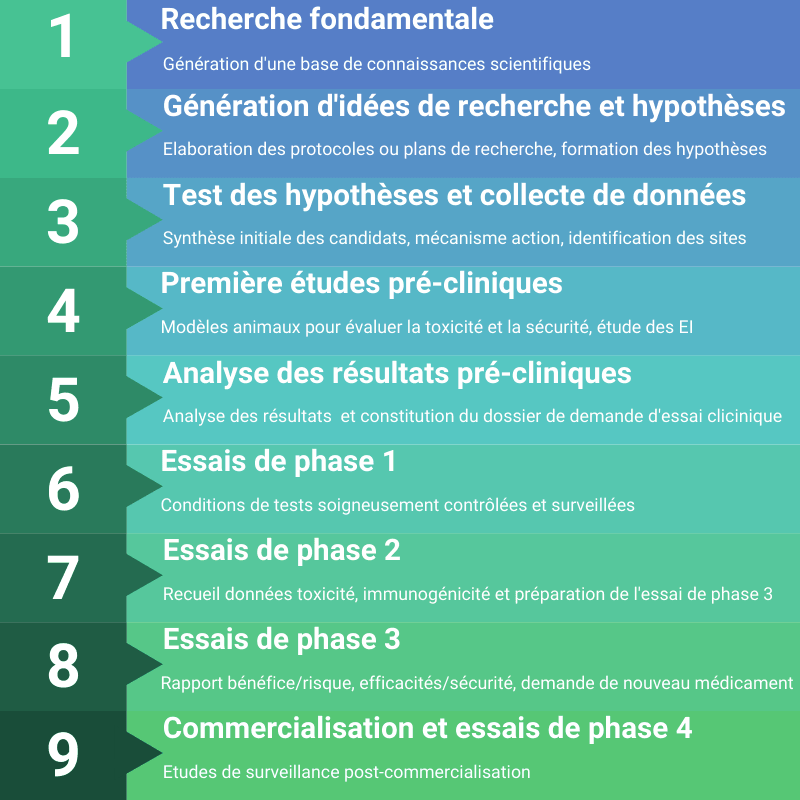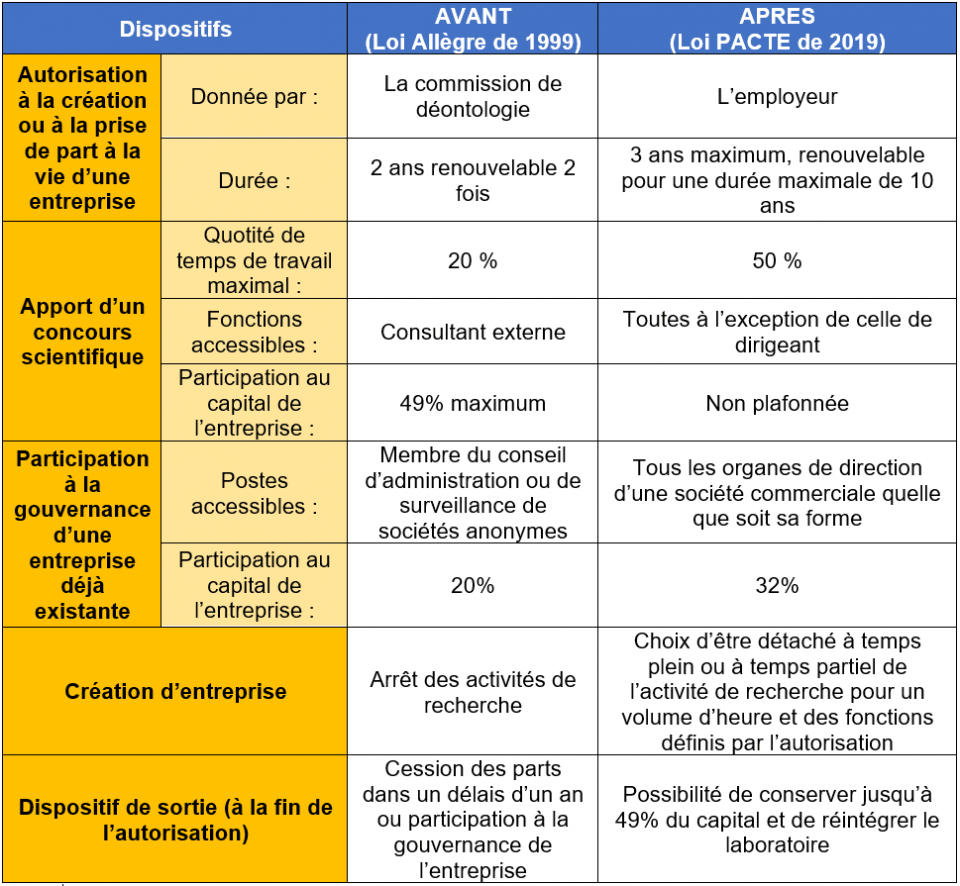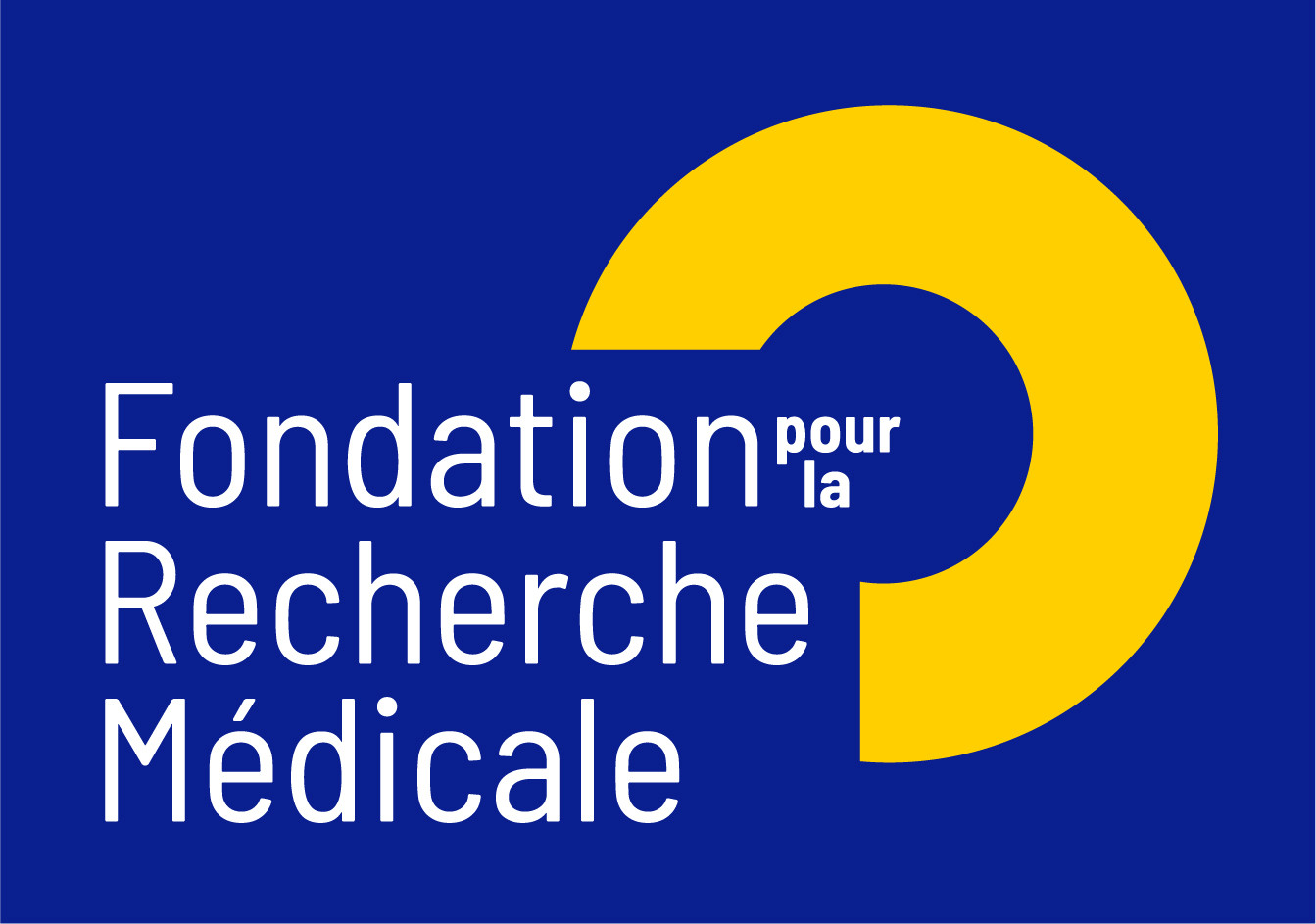Definition
“Technology and/or knowledge transfer is the process designating the formal transfer to industry of discoveries resulting from university or private research with the aim of commercializing them in the form of new products and/or services."
Technology transfer can take the form of:
- A concession of operating license in a company
- Starting a business
The Technology Readiness Level (or TRL) is a scale from 1 to 9 that assesses the level of maturity of a technology until it is put on the market. Level 1 corresponds to the lowest level of maturity and level 9 to the finalized product/service.
Want to know more? "What is the TRL?"
The classic TRL index being better adapted to the production of objects and systems, there are scales adapted to the development of drugs, of which here is an example (in French) :

Want to know more ? "The TRL adapted to medication development"
License Agreement
The granting of an exploitation license allows a research organization (the licensee) to temporarily grant the exploitation rights of a patent to an industrial partner (the licensee) in exchange for a royalty. The industrial partner will then be able to develop, manufacture and market an innovation. The license may be exclusive or non-exclusive.
This license agreement also allows the transfer of know-how. Unlike an invention, know-how is not patentable but can be protected by keeping it secret by signing a confidentiality agreement.
In the case of a mixed patent/know-how license agreement, a dual royalty system is provided for.
Three other contracts make it possible to promote research results but they are not, strictly speaking, considered as technology transfer tools:
- The material transfer contract (MTA): defines the conditions for the transfer of material between a laboratory and an academic or industrial partner
- The research collaboration contract: in which each partner undertakes to jointly carry out a research program
- The service contract: allows an industrial partner to benefit from the technical and experimental resources of a research structure
Want to know more? "the different contracts"
Creation of a start-up
Since the Allègre law of 1999, researchers can participate in the creation of a company that promotes their research work. This law provided for 3 mechanisms associated with 3 possible researcher-entrepreneur statuses:
- Article 25-1: business creation
- Article 25-2: contribution of a scientific competition
- Article 25-3: participation in the governance of an existing company
Considered complex and too rigid, these systems have been simplified by article 41 of the PACTE law, adopted in 2019. This article aims to simplify procedures, to take into account the diversity of existing situations and to streamline one system to another in order to create more bridges between the world of research and that of business.
The table BEFORE (Allègre law) / AFTER (article 41 of the PACTE law) presents the evolutions of the various mechanisms of the status of the researcher-entrepreneur (in French).

Sources : Toulouse Tech Transfer : Valoriser sa recherche, guide pratique ; Réseau C.U.R.I.E : Guide pratique de la valorisation et du transfert de technologie ; HCERES : un effort de clarification pour l’évaluation de la stratégie de valorisation ; Grenoble INP - UGA : Loi sur l’innovation ; Assemblée Nationale : Projet de loi ; Assemblée Nationale : Etude d’impac

Comments0
Please log in to see or add a comment
Suggested Articles

